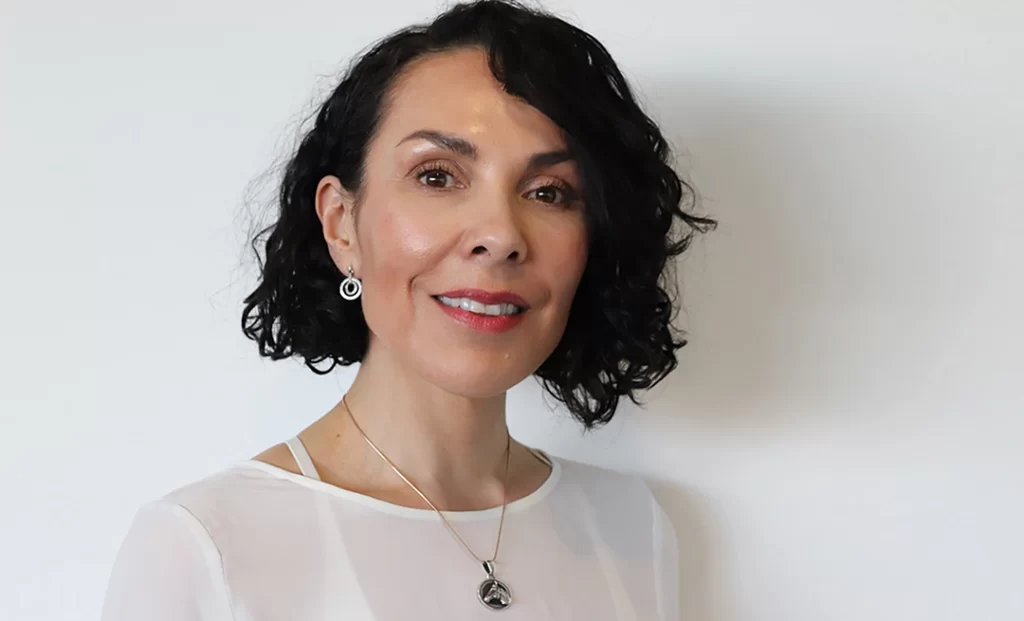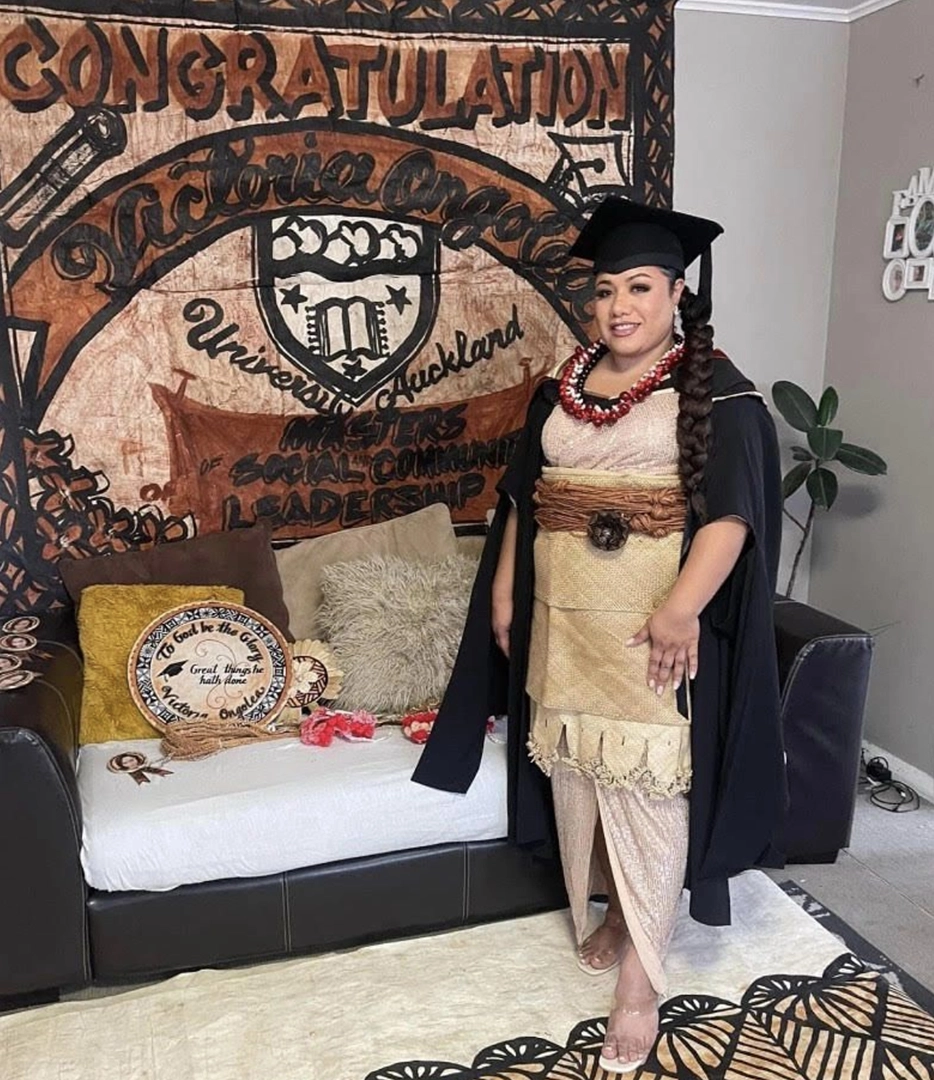A study measuring wealth through a Tongan lens has been published in a New Zealand journal.
Balancing Anga Faka-Tonga (the Tongan way of life) with financial well-being by University of Auckland PhD candidate Victoria Ongolea (Lapaha Tongatapu, Kundiawa, Simbu Province) and Professor Carla Houkamau (Ngāti Porou, Ngāti Kahungunu, Ngāi Tahu and Pākehā) has been published in MAI Journal.
Ongolea, a Financial Well-being Coach for Good Shepherd NZ, was born in the highlands of Kundiawa Papua New Guinea, and raised in Lapaha Tongatapu, Tonga.
She migrated to Aotearoa, New Zealand with her family almost a decade ago. In those early years, the family numbered just over a dozen under one roof, before the eventual move to settle into their own place.
Ongolea began working as a Financial Mentor for Tāmaki Budgeting, and became aware of the realities of life in Aotearoa for Pacific peoples.

“It opened my eyes to the struggle that my people were going through, which motivated this research to understand and amplify our voices, and find practical solutions to how to help my people.”
Despite the numerous positives of a collective culture like Tonga, the community were vulnerable in a western society.
“People back home had no idea of the cost of living in New Zealand, the assumption that living here meant you had money,” says Ongolea.
Community and family continued to support one another through fatongia (cultural obligations) and fua kavenga (social and financial expectations) such as sending money back home to family and villages in the islands and church contributions, but it came at a cost. Ongolea realised the need for greater awareness through education and financial literacy.
“The challenge I face in my role, is working in a system that doesn’t understand our values as Pasifika Communities, which is hard because the underlying issues of financial hardships are more than just not having money or a source of income.”
She says the issues run deeper than having knowledge of the financial system. There was the double-load of being financially responsible for both your household here, as well as the community back in the islands.
“It’s about balancing responsibilities and how western culture does not understand why we do, what we do as Pacific people.”
Her research showed that for participants, wealth could not be measured by bank balance alone.
Many believed money and wealth derived from God, that money should be shared, not kept for personal gain. They also expressed emotional distress over fatongia (cultural obligations) or felt responsible for shouldering the burden of fua kavenga (social and financial expectations).
“We invest in our relationships, we invest in our families, we invest in each other, that’s the way we look at giving and reciprocity.
“There’s a saying, ‘Ko e masiva oku ongo taha, a e hala hā kāinga’, which means that to have no kin or no family is to be in extreme poverty.”
She hopes the research will create more understanding about the experience of the Tongan diaspora in Aotearoa. There was a call for more open discussions about financial challenges, given people were often unaware of the hardship and difficulties faced when monetary requests were made.
The politician, the late Fa’nānā Efeso Collins had argued for tithing to be banned at churches located in low-income communities, noting that tithing from those on low incomes and beneficiaries was not acceptable, and that it can lead to abuse, particularly if unaffordable. Although research participants didn’t indicate they were against the practice of gifting to churches, there was an emphasis to keep donations manageable.
“I want to empower our people, have understanding around the struggle and provide practical effective solutions,” says Ongolea.
She wants policies that target intervention to support the community’s overall wellbeing, and as well as promote financial well-being and literacy, while respecting Tongan culture and values.
Professor Houkamau specialises in social psychology, and is Deputy Dean of the University’s Business School. She has led research into Māori perceptions of money, wealth, savings, and financial literacy and is interested in Māori business and the values that drive it. Houkamau says it’s important to address how people approached money, wealth and savings in a practical way, along with what values were placed on them.
“I read George Akerlof and Rachel Kranton’s work on Identity Economics a few years ago, and it really resonated with me. It showed how identity shapes economic decisions and helped me better understand my own identity too. Relational wealth is real – I grew up with it. I’ve been in Auckland for a long time, but I’m Ngāti Porou and grew up in Hawke’s Bay.
“In my semi-rural upbringing, family support – financial and otherwise – was just part of life. My dad had 16 siblings, and my mum had two sisters, so helping each other out was normal and still is.
“Many of my family members have run businesses, both on my Māori and Pākehā sides, which gave my cousins and me plenty of opportunities to contribute. I see Victoria’s work as being about more than financial literacy – it’s about identity and culture.
“I feel fortunate to learn about Tongan culture and language, which offers rich insights into a sophisticated value system I can relate to but is also different from my own. I am really excited to keep working with her through her PhD.”
Ongolea is excited to continue her research journey through her PhD in Management, that will focus on the Tongan community. She acknowledged her family and friends for their unwavering prayers, encouragement and support.
The generosity of the research participants was important in sharing their koloa (wealth) of knowledge.
She says the guidance and expertise of her academic supervisor Professor Carla Houkamau has been instrumental in the success of her research.
“Despite the challenging times marked by the Covid-19 pandemic, volcanic eruption, and subsequent lockdown, Carla dedicated her time to ensure that I received the necessary guidance and support.
“Working with her has been the highlight of my academic journey, and I am truly grateful for her invaluable mentorship.”






